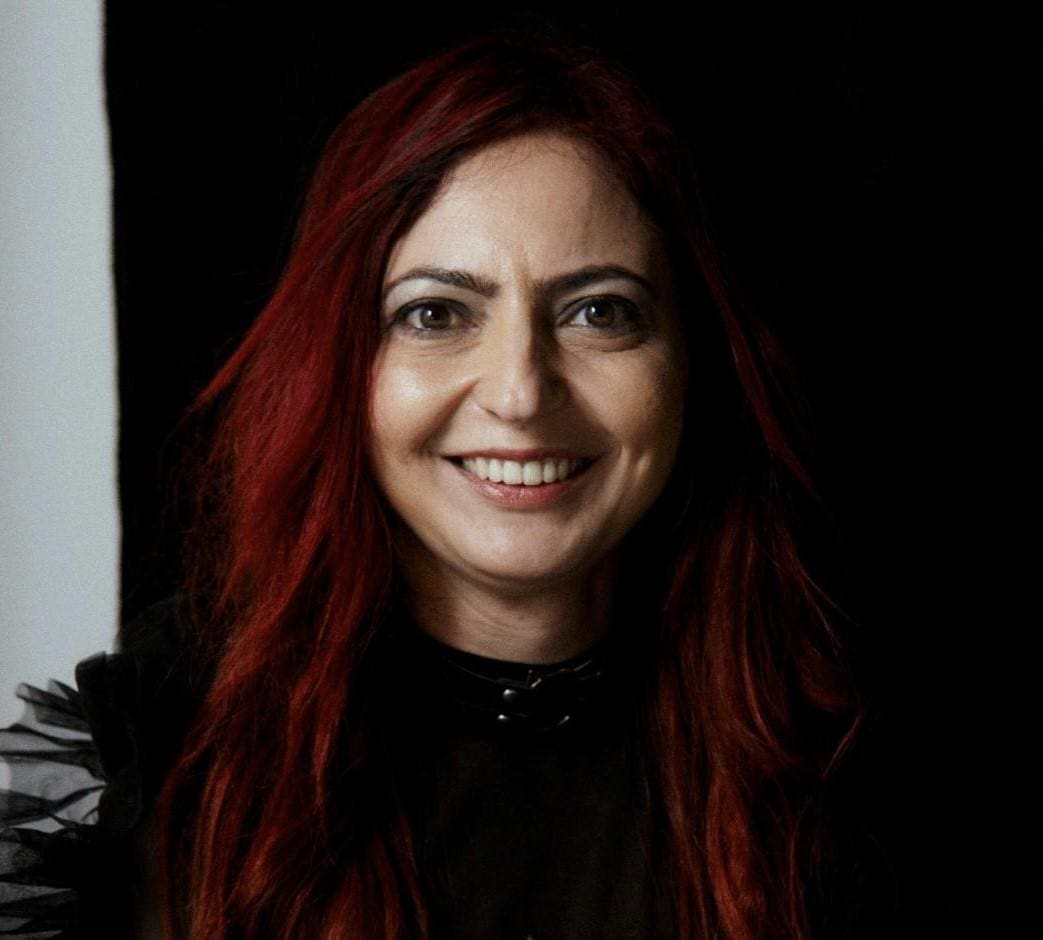A Region at War:
Views from Lebanon, Iran, and Palestine
August 20, 2024
Summary
More than 300 days into Israel’s war on Gaza, regional tensions continue to escalate. On July 30, Hamas’ top political leader, Ismael Haniyeh, was assassinated while in Tehran for the inauguration of then-President-elect Masoud Pezeshkian. The assassination occurred only hours after an Israeli strike killed the senior commander of Hezbollah Fuad Shukr and others. These dramatic acts of aggression provoked vows for revenge by Iran’s Supreme Leader Ayatollah Ali Khamenei and Hezbollah’s leader, Hassan Nasrallah. The type, timing, and intensity of the retaliation are yet to be seen, with regional leaders urging restraint.
At this critical juncture, the Middle East Council on Global Affairs (ME Council) hosted a webinar to unpack these major escalations and their regional aftershocks. The discussion convened leading experts to analyze the impact of the recent assassinations and retaliations on the strategic calculations of Hezbollah, Hamas, Israel, and Iran. The panelists considered questions, including: How have the recent assassinations of Ismael Haniyeh and Fuad Shukr influenced Hamas’ and Hezbollah’s internal politics and decision-making? How are these events shaping regional dynamics and the trajectory of the war on Gaza, including ceasefire and hostage negotiations? What steps should regional and global powers consider to mitigate further violence and address the underlying issues?
Moderator: Omar H Rahman
Panelists:
- Lina Khatib, Director of the SOAS Middle East Institute, SOAS University of London
- Hassan Ahmadian, Assistant Professor, West Asian Studies, University of Tehran
- Beverley Milton Edwards, Nonresident Senior Fellow
Beverley Milton Edwards, Nonresident Senior Fellow
- The politics and economics of the Middle East hinges on the ongoing war in Gaza, which is necessarily global due to the range of regional and international actors that are involved in different capacities.
- Unfortunately, the optimism seen in the mediation process last November has dwindled. This period was marked by the mutual release of both Israeli hostages and Palestinian detainees (many of them women and children). The current negotiation process is very removed from that and has failed to secure the desired ceasefire.
- There have been questions surrounding the mediators themselves, with many wondering how far the US is willing to utilize its leverage with Israel, with many arguing that the US could be acting in bad faith with the new “Bridging Proposal” forwarded by US Secretary of State Antony Blinken biasing Israeli priorities.
- In the future, it is likely that Hamas will endure, as an organization which embodies wider notions of Palestinian rights, and the deep inequalities of Israeli occupation. Hamas has put the future of Palestine as a core debate in the global agenda.
- Unless the region sees a shift to true power-sharing leadership, based in a politics of equal rights, fragility and instability will continue to define the region. This is why the world cannot turn a blind eye to the consequences of Gaza’s war, as seen through the devastating loss of life and mass displacement which has global implications.
Hassan Ahmadian, Assistant Professor, West Asian Studies, University of Tehran
- The Israeli logic for attacking Beirut and Tehran is to incite an Iranian response, forcing it into a wider regional war. As such, Iran does not want to engage in this way as it allows Netenyahu to achieve his aim. He has two options at this point: to step aside, or to widen the war. As such, Iran has a difficult choice to make, as they do not want a wider regional war, but they must also maintain their deterrence vis-a-vis Israel.
- Iran’s last retaliation against Israel in April was not aimed at inflicting pain, but rather to remind Israel that Iran has the capabilities to reach them. The rhetoric within Iran and the region is that retaliation this time around must be more direct and intense.
- With the current ceasefire talks, Iran has delayed a retaliation in hopes that a ceasefire can be achieved. If not, Iran must retaliate directly, as Israel’s assassination of Ismail Haniyeh in Tehran was itself both direct and visible.
- Nuclear power can be the ultimate deterrence and considering that the US and Israel are both nuclear powers, Iran will eventually have to come up with the equivalent deterrence. While there has not yet been a need, if Israel were to escalate further, Iran would perhaps need to rethink their position.
Lina Khatib, Director of the SOAS Middle East Institute, SOAS University of London
- Hezbollah, due to its political calculations as an ally of Hamas, and a member of the Iran-backed ‘Axis of Resistance’, must be involved in the war in Gaza. Simultaneously, Hezbollah is not in an economic position to confront Israel military, as in the 2006 war. Arguably, they already benefit politically from their involvement without full-scale war, as Lebanon’s most armed non-army group and most powerful actor in the state.
- Israel does not want full out war, as this would have devastating consequences for the entire region. As such, since October 2023, there has been a redefinition of the rules of engagement between both sides.
- Hezbollah will remain involved until a ceasefire happens. Until then, we will continue to see military exchanges between Hezbollah and Israel without full scale war.
- There is a recognition that the war in Gaza has great implications for all Palestinians, and people in the wider region. If Lebanon were to engage in full scale war, it would likely collapse due to its economic and political fragility. This would have incredible security implications for the region, likely drawing neighboring countries into a larger regional conflict.
The webinar concluded with a question-and-answer session. The panelists answered a range of questions from the audience, discussing the role of Arab states in the current war, the trajectory of Saudi-Iran relations, the impact of upcoming US elections, normalization plans with Israel, and the impact on Yemen. The speakers emphasized the increasing role of Arab actors, which is largely constrained by US realpolitik. The course of the war in Gaza has brought Saudi Arabia and Iran into closer contact, strengthening the relationship between both states. The war in Gaza represents an existential threat to Jordan, with Israel promoting displacement from both Gaza and the West Bank through settler pogroms even before the attacks of October 7th, which exacerbates the pressure on Jordan as a host state for refugees and displaced persons since 1948. Regardless of the result in the US election in November, Palestine will have to be an important issue to which the US administration can no longer turn a blind eye. While the Houthis have threatened Israel and economic activity in the Red Sea, Israeli capabilities remain disproportionately superior, as evidenced through the Israeli attack on Yemen’s Hodeidah port, which has hurt them significantly.




